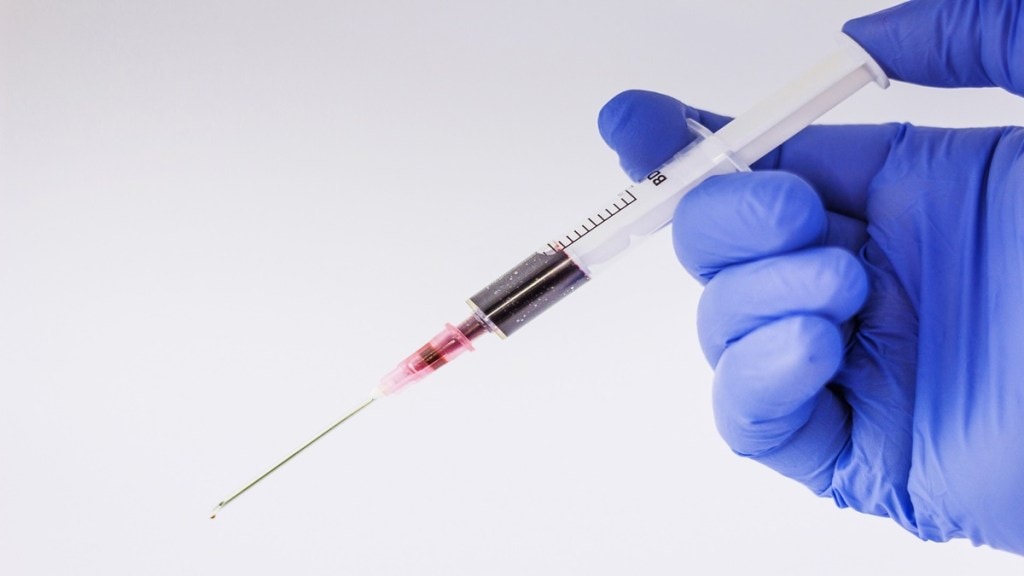Covaxin Side-Effects: Days after a study by the Banaras Hindu University (BHU) reported ‘adverse events of special interest’ or AESI among Covaxin recipients, the Indian Council of Medical Research (ICMR) has called it a “poorly designed study” with critical flaws.
In a letter, the director-general, Dr. Rajiv Bahl, of the apex medical research body has written to the authors of the paper and the editor of the journal in which it was published, stating that it “incorrectly and misleadingly” acknowledges ICMR though the body did not offer any financial or technical support for the paper.
“ICMR cannot be associated with this poorly designed study,” say the letters.
According to ICMR, the study has four critical flaws. First, it does not have a control group of unvaccinated individuals to prove that the side-effects are indeed associated with vaccination.
Second, it does not mention how frequently these adverse events were reported by the sample population to establish that they were associated with vaccination.
Third, the study tool was not consistent with the definition of “adverse events of special interest” that is globally accepted.
Lastly, the responses of the participants were recorded one year after immunisation without verification of any clinical records or physician examination, increasing the chances of biased reporting.
On Monday, the university issued a statement and informed that “the Institute of Medical Sciences is looking into the matter.”
“The university has taken note of a study in connection with CoVaxin aftereffects, involving some members of BHU’s Institute of Medical Sciences, and a series of reactions in that regard. We are also aware of the communication made by the ICMR to the concerned individuals. The Institute of Medical Sciences is looking
into the matter. The individuals have communicated their responses to the ICMR. Additionally, the Institute of Medical Sciences is also working on further strengthening and improving its research ecosystem,” the Varsity stated.
Earlier this month, a team of researchers at BHU conducted a one-year follow-up study on Bharat Biotech’s Covaxin. According to the study, nearly one-third of the individuals who received the Covaxin vaccine reported ‘adverse events of special interest’ or AESI.
According to the study, nearly 50 per cent of 926 study participants in the study complained of infections during the follow-up period, predominated by viral upper respiratory tract infections.
Serious AESI, which included stroke and Guillain-Barre syndrome, was reported in one per cent of individuals, the study, which looked at the long-term safety of the BBV152 vaccine in adolescents and adults, the study claimed.
It is noteworthy that the methodology used for the current study cannot determine whether the symptoms were caused by the vaccine, the infection, or several other reasons that also cause these symptoms.








